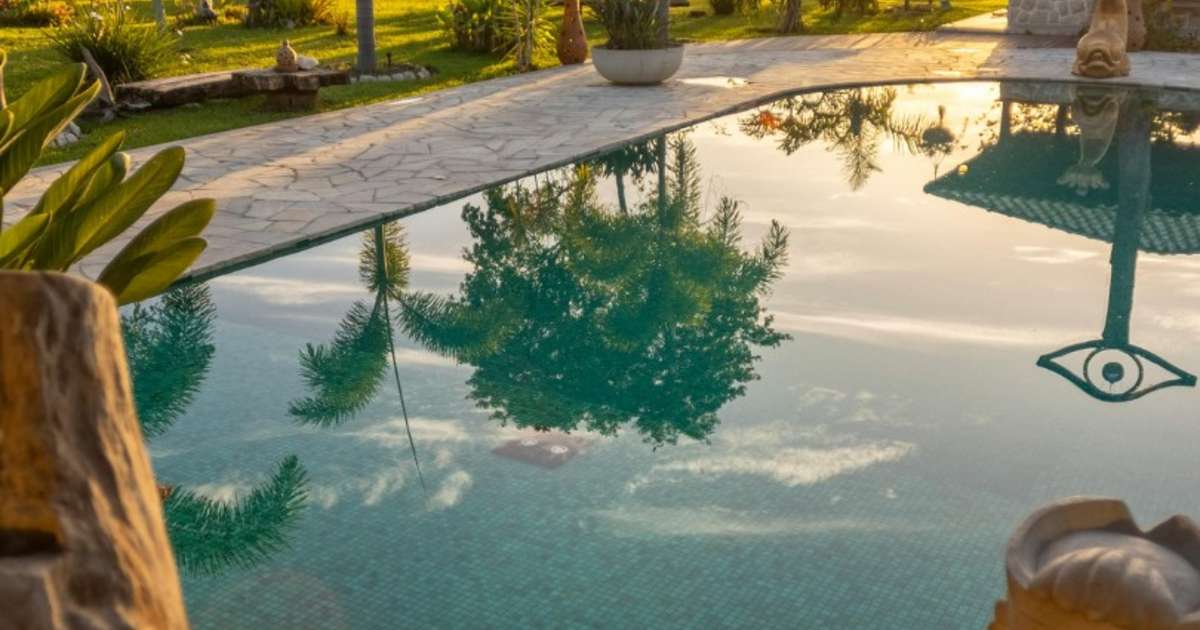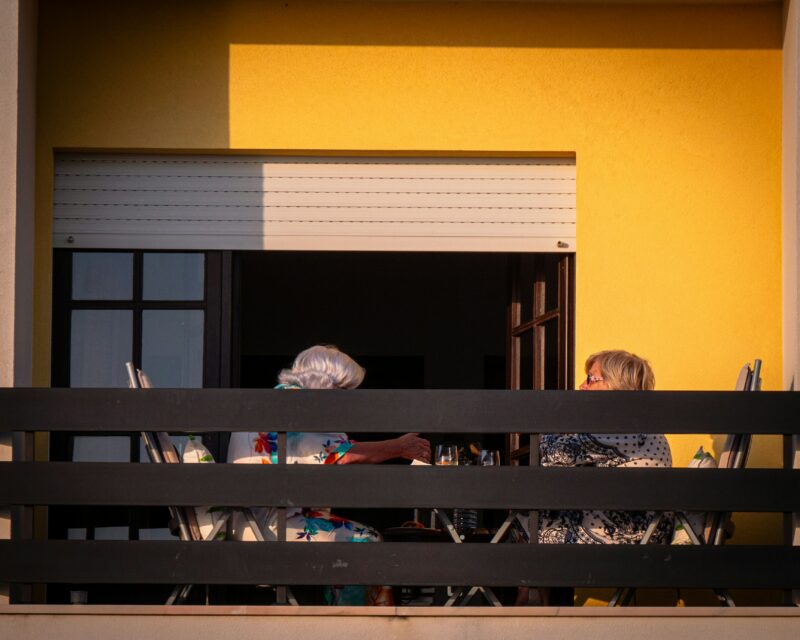
Wellness is no longer confined to the spa. Today’s travelers are seeking experiences that enhance sleep, reduce stress, and foster connection, which is shaping where they choose to stay and how much they spend. For boutique and independent hotels, this represents both an opportunity and a challenge: how to define their wellness identity authentically and profitably, without heavy capital investment.
One emerging solution is a strategic wellness audit, a structured and low-cost approach to evaluating how a hotel delivers on wellness throughout the guest journey, uncovering hidden revenue potential, and clarifying its brand niche in the wellness hospitality space.
What Is a Wellness Audit?
A wellness audit is an objective evaluation of how every aspect of a hotel supports the well-being of its guests, physically, mentally, and emotionally. Similar to a mystery shop or quality audit, it examines the entire guest journey, from pre-arrival to post-departure, identifying gaps, opportunities, and revenue potential that can be implemented with minimal capital investment.
Audits typically review:
- Pre-Arrival & Arrival: Booking experience, pre-stay communication, check-in, lobby atmosphere, and first impressions.
- Guestrooms: Sleep environment, air quality, lighting, scent, noise control, digital wellbeing, and in-room amenities or wellness-inspired minibars.
- Food & Beverage: Nutritional balance, functional beverage offerings, and storytelling through wellness-focused cuisine.
- Facilities & Programming: Access to fitness or movement spaces, mindfulness or meditation programming, outdoor areas, and opportunities for local engagement.
- Service Flow & Employee Engagement: Staff empathy, attentiveness, and ability to foster emotional comfort throughout the stay.
- Marketing & Brand Voice: Alignment of wellness messaging across website, social channels, and on-property materials.
- Post-Stay: Follow-up, feedback collection, loyalty engagement, and continued wellness storytelling.
Rather than focusing solely on spa services, audits evaluate the holistic integration of wellness, ensuring enhancements align with the property’s brand, operations, and guest expectations.
Low-Cost Levers and Revenue Opportunities
Wellness audits often uncover small, practical shifts that increase satisfaction and revenue without significant capital expenditure:
- Sleep enhancement amenities such as pillow menus, aromatherapy, or digital detox prompts.
- Guided morning fitness or mindfulness sessions using existing spaces like rooftops or gardens.
- Curated food and beverage offerings, including adaptogenic drinks, tea tastings, and healthy snacks.
- Partnerships with local wellness practitioners for pop-up experiences or day retreats.
- Staff training in emotional intelligence and sensory awareness to enhance guest connection.
Mini-Case Example: At a boutique hotel with a traditional minibar, Elevate Wellness Collective conducted a wellness audit and identified an opportunity to create a wellness-inspired minibar featuring local herbal teas, functional beverages, and healthy snacks. These changes were operationally seamless, elevated the guest experience, and generated incremental revenue, demonstrating how audits reveal actionable, property-specific initiatives with measurable impact.
Measuring the Financial Impact
A wellness audit also provides a data-driven lens on potential ROI. By evaluating initiatives against key performance indicators, hotels can prioritize enhancements that fit operationally and financially:
- ADR Uplift: Wellness-branded room categories, curated amenities, or in-room experiences can justify modest premiums.
- F&B Spend: Low-cost, wellness-focused menu items or beverage offerings can increase per-guest revenue.
- Spa & Retail Conversion: Personalized upselling, guided experiences, or wellness minibars can generate incremental sales.
- Midweek Occupancy Gains: Wellness packages, local retreats, or day-pass offerings can fill low-occupancy periods.
- Digital Engagement: Tracking website and social media performance ensures wellness messaging resonates, driving bookings and repeat visits.
By combining holistic touchpoint evaluation with KPI tracking, boutique hotels can implement small, seamless improvements that enhance guest satisfaction, strengthen brand differentiation, and generate measurable revenue, all without disruptive renovations.
Defining a Distinct Wellness Niche
Perhaps the most transformative outcome of a wellness audit is clarity. The process helps boutique hotels identify what type of wellness story fits their DNA and market demand.
A mountain lodge may focus on restoration through nature and simplicity. An urban boutique might position itself around balance and sensory reset for modern professionals. Once defined, this narrative informs marketing, partnerships, and experience design, attracting guests who connect with the brand’s ethos and are willing to pay a premium for it.
Why It Matters Now
According to the Global Wellness Institute, wellness tourism is projected to grow at a rate of more than 16% annually through 2027, which is more than twice the rate of overall tourism growth. Meanwhile, STR data show that boutique hotels that embed wellness programming can achieve weekday occupancy lifts of 10–20 percentage points compared to their non-wellness peers.
For independent operators facing rising acquisition costs and competition from lifestyle brands, a wellness audit provides a roadmap to differentiation and profit. It bridges insight with implementation, helping hotels act on the growing traveler desire for meaning, not just amenities.
The Takeaway
A wellness audit is not about adding features; it’s about aligning experience, story, and strategy. For boutique and independent hotels, it offers a low-cost, high-impact path to stronger guest loyalty, new revenue streams, and a brand identity that resonates in today’s experience-driven market.
Because the next era of luxury hospitality is personalized renewal: thoughtfully curated spaces, genuine connection, and moments designed to restore both body and mind..









